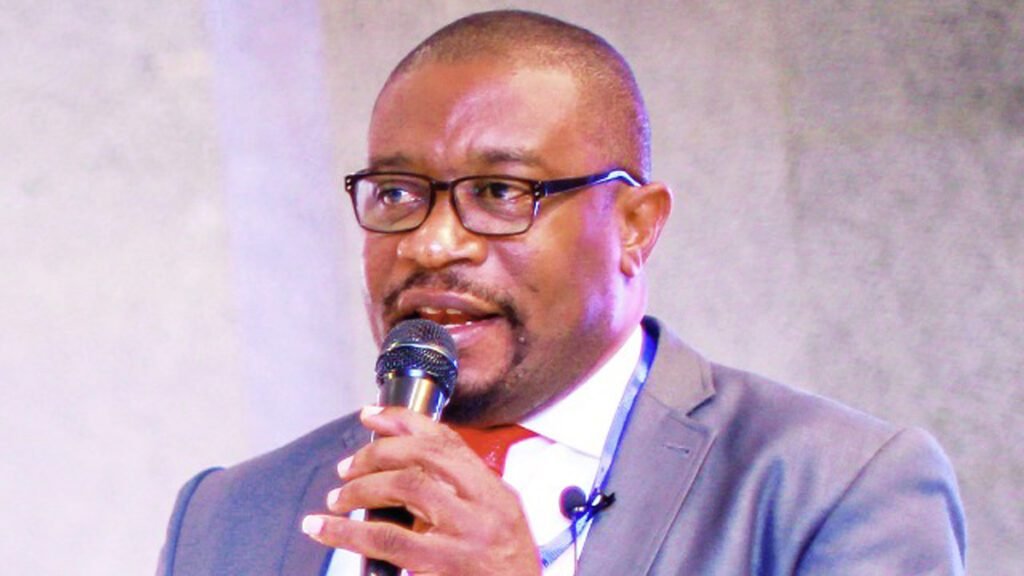TL;DR,
- Nigerian crypto community demands comprehensive crypto reforms during #EndBadGovernanceInNigeria protests, while government points to existing blockchain policy progress.
- Industry leaders debate whether current government blockchain efforts are sufficient, pushing for faster VASP regulation implementation.
- Nigeria’s blockchain leadership faces pressure as communities seek government collaboration for comprehensive development frameworks beyond trading.
After the ongoing #EndBadGovernanceInNigeria protests, people in Nigeria’s cryptocurrency community are asking for change, for better regulations and better inclusion.
A lot of people in the crypto space see this movement, which is trying to fix a lot of problems with governance, as a chance to push for regulatory changes that could be very good for the industry and the economy as a whole.
Crypto Community Seizes Protest Momentum to Demand Regulatory Reform
Rume Ophi, who used to be the Secretary of the Stakeholders in Blockchain Technology Association of Nigeria (SiBAN), has strongly supported adding crypto-related demands to the protest agenda.
“First and foremost, citizens have the right to make demands that are good for the country.” In this case, it’s a peaceful protest. Since the people who organised the protest made some of these requests, it makes sense that there would be a crypto request as well.”
Ophi thinks that good crypto regulations in Nigeria could bring in a lot of money, which would create jobs and help the economy grow. “Like friendly regulations for cryptocurrencies so that investors can get into the business and hire people.I don’t agree with destroying state property, but the National Assembly should be asked to make a friendly rule,” he said.
The impact of crypto in Nigeria should focus more on how best to incorporate it than stifle its adoption.
A Counter Perspective: Government Efforts Already Underway
Chimezie Chuta, on the other hand, had a different point of view. As the head of the National Blockchain Policy Steering Committee, he points out that the government has done a lot to help Nigeria’s blockchain and crypto businesses.
RELATED:Nigeria Blockchain Leadership Crisis Exposes Deep Organizational Corruption Issues
Chuta said that a steering committee has been set up to make sure that the new blockchain policy is put into place successfully. The policy meets many of the needs of the crypto industry. Because of this, Chuta doesn’t think the industry should protest.

Chimezie Chuta, head of Nigeria’s National Blockchain Policy Steering Committee [Photo: Finance-Feed]
The Tech Ecosystem Responds: Education and Dialogue
While protests for new crypto reforms are underway, Nigeria is still Africa’s leader in adopting blockchain. The region’s vibrant blockchain community is intertwined with many, offering banking on educating local communities on the opportunities blockchain presents. While crypto investment opportunities are still the most sought-after, grassroots movements want something more than an added number of traders.
They intend to unify the community and the government to foster better crypto regulations in Nigeria, better opportunities for on-chain development, and to eventually dominate Africa’s Web3 community.
Dr. Adaobi Nwafor, a blockchain supporter and the head of a local crypto startup, stressed the need to create an environment that encourages new ideas.
“Government needs to know that blockchain technology can be used for more than just financial transactions. It can also be used in agriculture, healthcare, logistics, and other areas. We need to show them that we are ready to work together to use these benefits for the growth of the country.”
The Splinter Verdict for the Crypto Reforms: Collaboration or Continued Pressure?
In the past, the rising community has called on the government to take action and develop a national blockchain policy that actually works.
For the most part, the SEC has made some forms of effort to set up a pre-assessment portal to vet and approve VASPs who intend to be licensed. The protest brings about a chance to spur its governments to move more on adoption. Regulations are necessary, they provide a means for its government to earn, protect and direct growth that is more intertwined with local issues.
The era of change has ignited with many movements turning to social media to spread the word for a better blockchain policy. Crypto traders, blockchain developers and investors have poured in their thoughts on how better crypto regulations in Nigeria will foster growth.
This doesn’t downgrade the negative effects of the impact of crypto on Nigeria; the lack of proper guidelines forces many to seek “greener pastures.” The majority of those who turn to digital assets want something better, inevitably causing many to rely on Bitcoin or USDT for sustenance and profit.
RELATED: Round 2 on Nigeria’s Policy Playbook: Blockchain, Broadband, and Digital Literacy
The campaigns right now are heated, and the community is taking its chance to promote new crypto reforms while advocating for better governance. The question that remains is whether authorities will listen or if it will simply be the same old routine that has dragged Africa through the mud.

